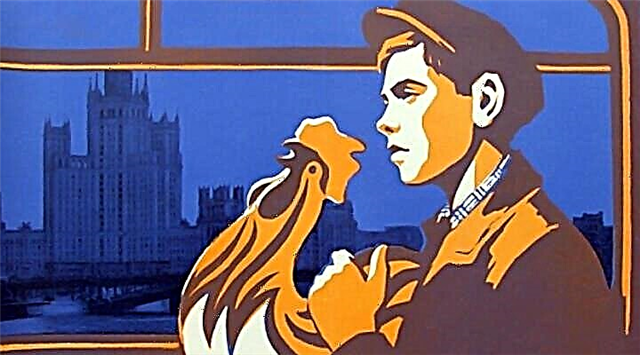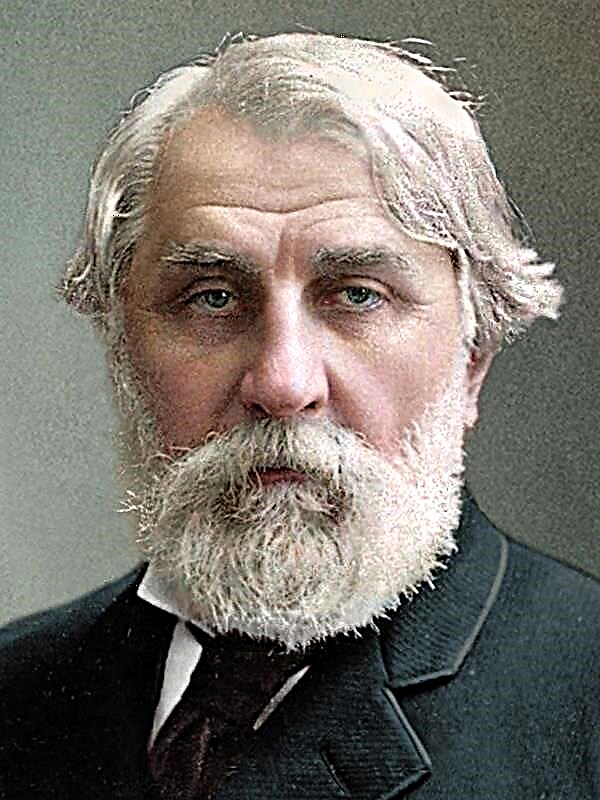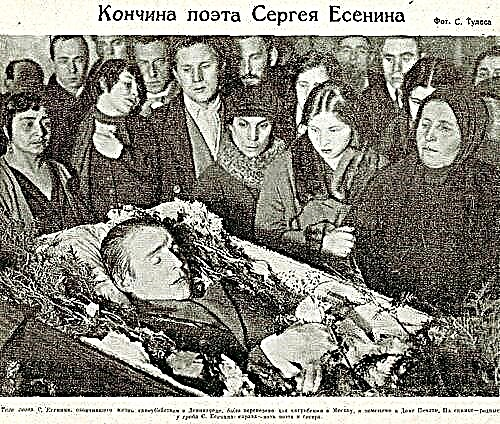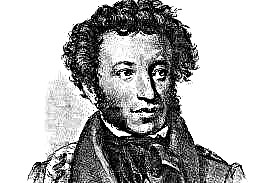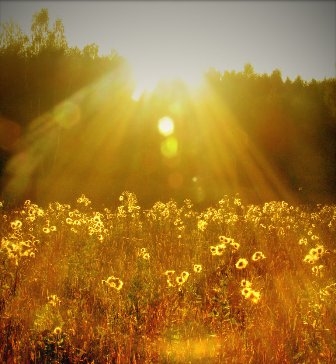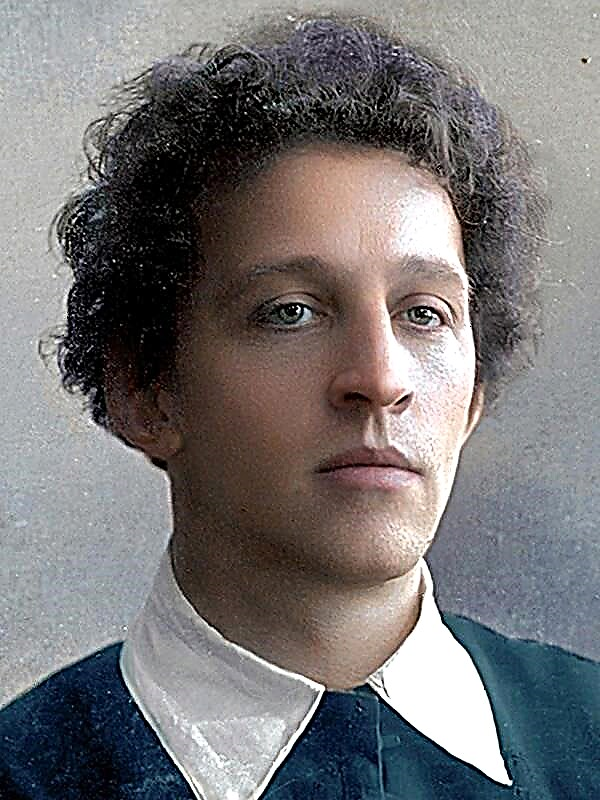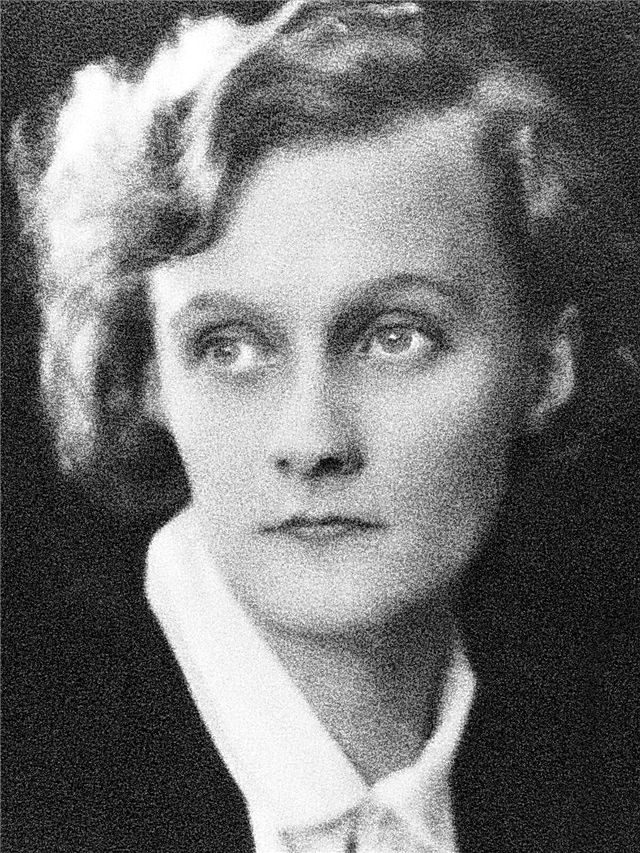(413 words) Sergey Yesenin left to his descendants an abundant creative heritage, which is still studied by philologists, discussed by journalists and liked by ordinary readers. The success of the poetry of the peasant poet is largely due to the images that he depicted in his works.
The image of the Motherland is central to Yesenin's work. Perhaps, it was thanks to his landscape lyrics, where the “broad Russian soul” is felt, that he became so loved by the people. The old patriarchal village was especially close to the poet. The most famous poems in which the author glorifies the boundless Russia and the beauty of nature include “In the hut”, “Goy, Russia, my dear”, “Singed hewn horns”, “Wattle overgrown with nettles”, “Gold stars dozed off” other. Esenina later began to worry not only about nature, but also about the fate of Russia. The poet saw that the aesthetics of wooden huts and peasant life disappear, and in return Soviet power came. “The feather grass is sleeping. The plain is dear ... ”,“ Soviet Russia ”and“ Outgoing Russia ”are works that most clearly reflect the poet’s attitude to future changes. He feels that a new time is coming, he even feels himself a stranger in his native country (“Other youths sing other songs”). However, in all three poems, he emphasizes that he will accept Russia, whatever it may be. At first Yesenin was carried away by revolutionary ideas, but quickly became disappointed in them. Nevertheless, the image of the revolution was entrenched in his poetry. In the poem "Heavenly Drummer" the author welcomes the changes, and in the works "Mare's Ships" and "Sorokoust" he already does on the fact that the peasant village cannot exist with new imposed traditions.
The image of a woman is also often found in Yesenin. The young poet at the beginning of his career often combines landscape and love lyrics. In his view, the girl is always fresh and beautiful, like a rural landscape. For example, in the poem “Do not wander, do not crumple in the bush of crimson” Yesenin writes that the subject of his admiration is like a “pink sunset”, it is “like snow, radiant and bright”. As a poet grows up, the image of a woman changes. Delicate romantic poems turn into something more serious. In later works, the lyrics describe not only love, but also disappointment in her. These include “Letter to the woman”, “Letter from the mother”, “Kachalov’s dog” and others. For example, in the poem “Sing, sing. On the damn guitar ... ”he calls the woman“ young beautiful rubbish ”. The image of the mother deserves special attention. Only before her does the poet repent of his behavior and expresses boundless love and respect.
The image of a black man is extremely curious. In the poem of the same name, fear of uncertain reality is felt, an analysis of the life path is carried out, philosophical questions are raised. The black man himself is a poet's double, his dark side, which combines fear and loneliness. When “a nasty guest” arrives at Yesenin, the poet feels that all the light is left in the past, and only darkness lies ahead.

